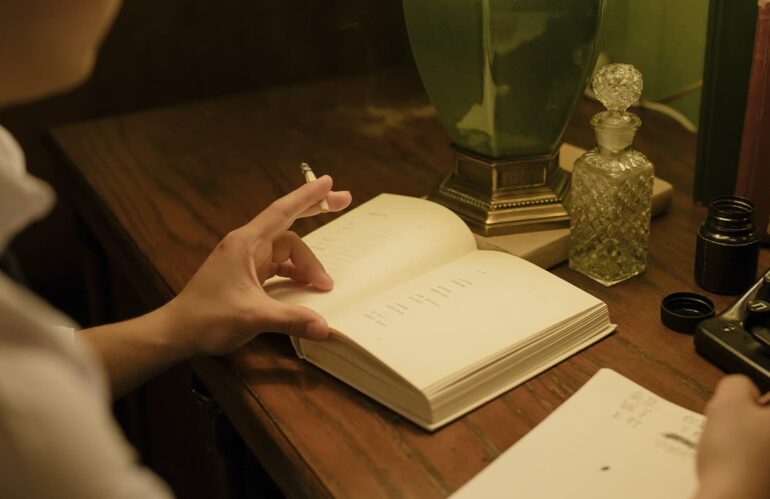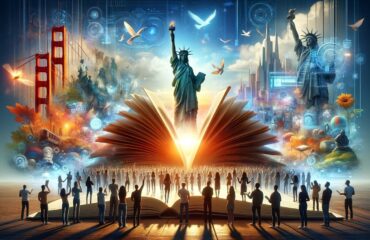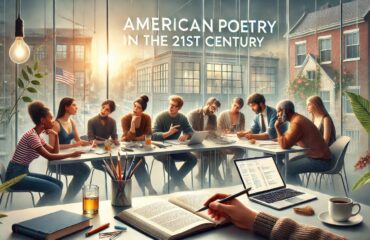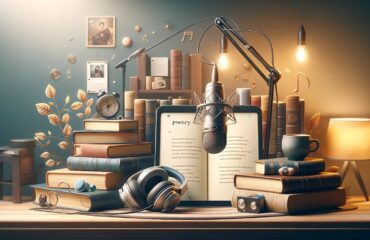A poet is an author of poems, poems and other poetic works. In a broader sense, a poet is a creative person endowed with the ability to perceive the world in poetic images and reproduce them in poetic genres.
A writer is the creator of prose works, a special artistic reality in which events, characters, their actions and judgments are a reflection of the author’s worldview, presented to readers in the form of a creatively reinterpreted picture of life.
It is impossible to draw a clear line between poetic creativity and the gift of embodying an author’s idea in the images of a prose work. In poetry and prose, the nature of the artistic word manifests itself in the same way, although the poet and the writer use its unlimited possibilities in different ways.
The poet appeals to the reader’s feelings. His creative arsenal includes a variety of interpretations, ambiguity of judgments, and the possibility of free reader interpretation of the emotional experiences of the lyrical hero.
The rhythmic organization of poetic texts, whether it is a short lyrical poem or an epic poem, has a special power of influence: it can repeatedly enhance the emotional background of the perception of poetic symbols.
Poetic creativity uses techniques involving complex tropes and special means of artistic expression: metaphors, unusual comparisons, allegories, thanks to which the reader creates his or her own associative series of images, and he or she, along with the poet, feels like a co-author of the work.
For the writer, the main task is to show the event as a motive for the hero’s behavior, to make the characters do things that reveal their characters and hidden sides of their inner life. Highly artistic prose is always laconic, logical and consistent, so a talented author will not overload the text of his work with complex metaphors and turns of phrase close to poetic language.





